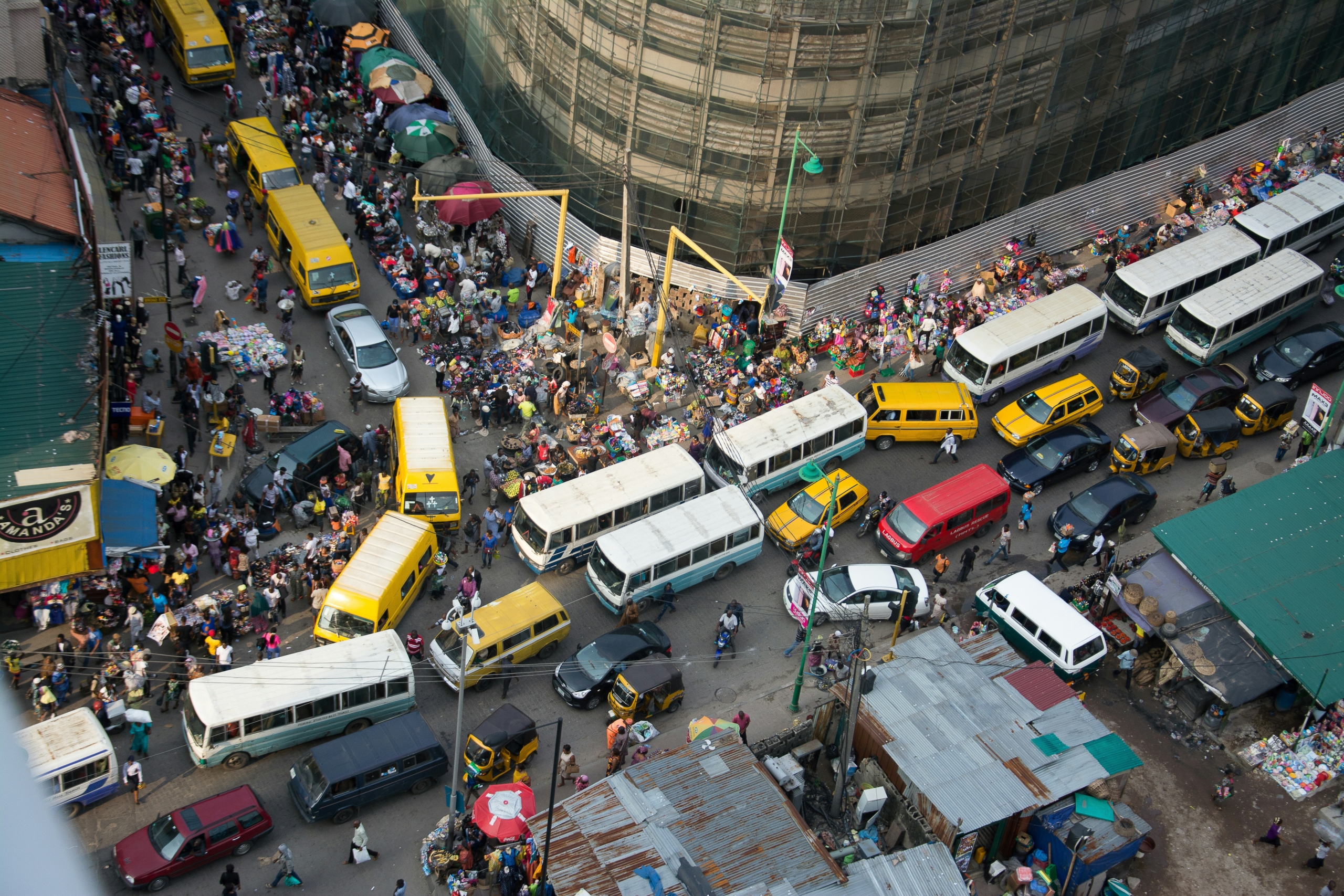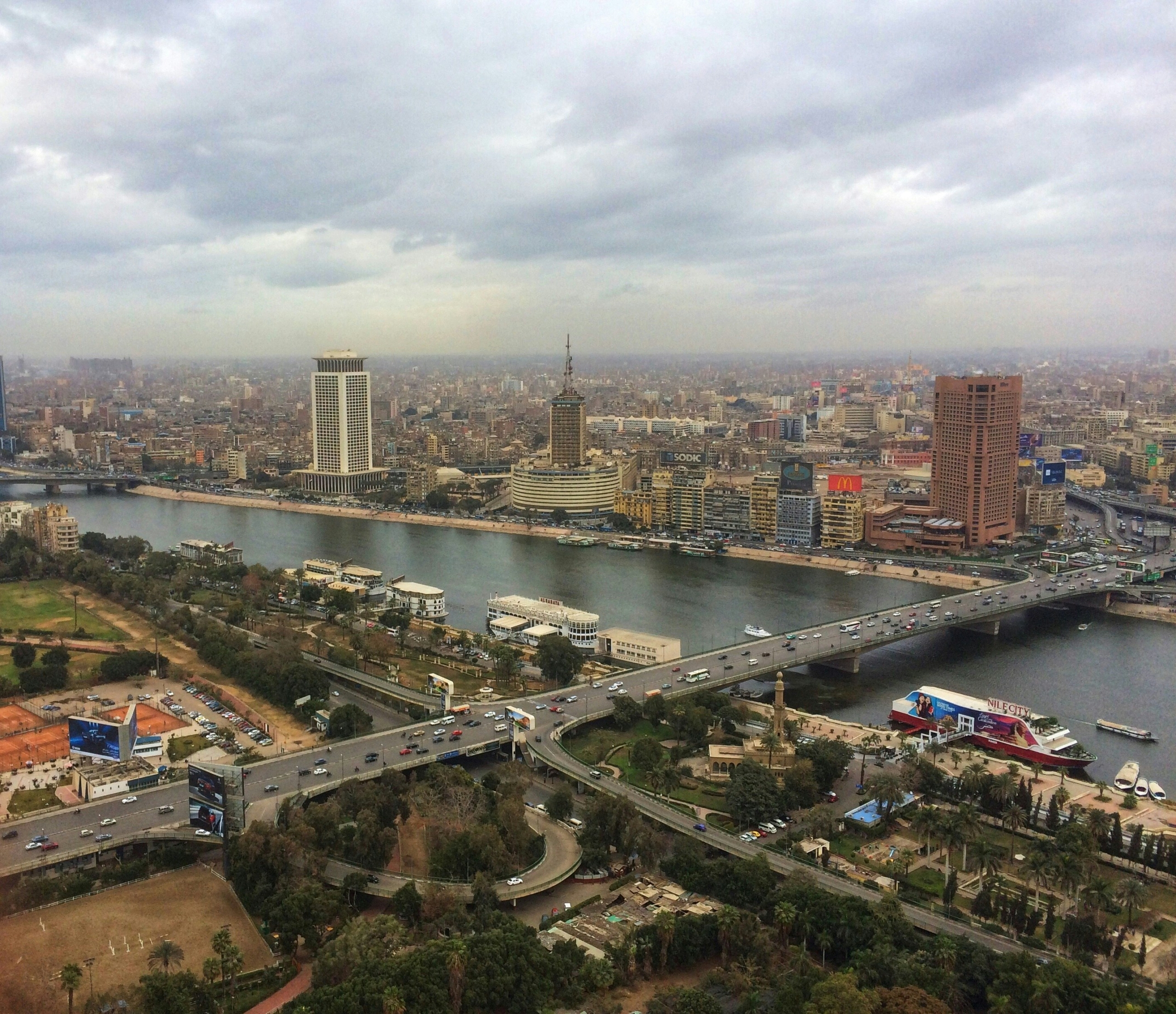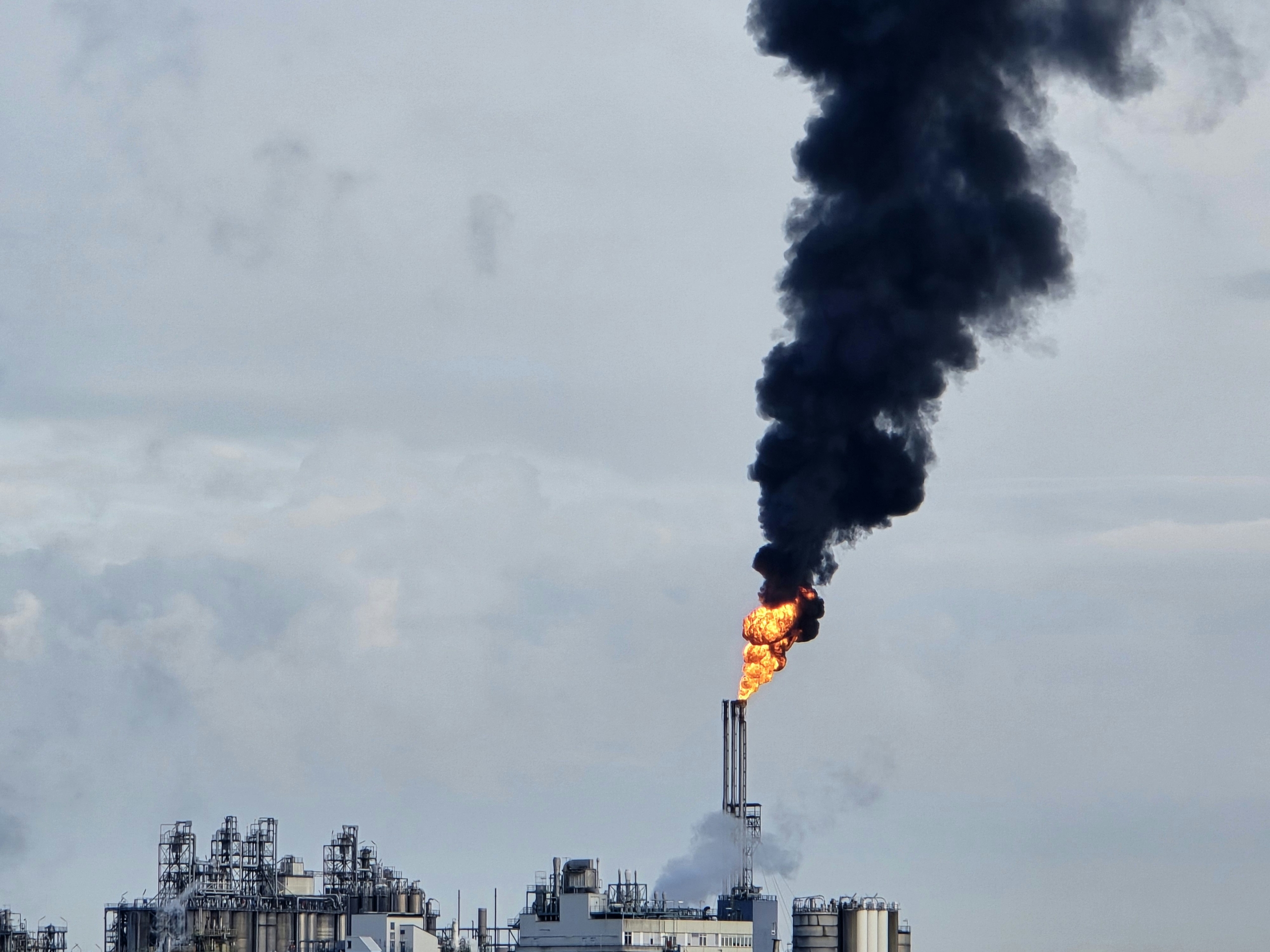We are excited to announce that Brink is now part of Africa Practice. Learn more
The weighted vest hindering African development

The cripplingly high cost of borrowing money stems from a deeply ingrained perception of higher risk, which inflates project costs in Africa.
Imagine global development is a towering mountain to climb. But instead of an equal ascent for everyone, some nations get harnesses while African countries have to scale theirs with weighted vests.
These weighted vests represent the cripplingly high cost of borrowing money. The core driver of this is a deeply ingrained perception of higher risk, which inflates project costs in Africa.
As former US vice-president Al Gore highlighted, building a profitable solar field in Nigeria can incur interest rates seven times higher than in Organisation for Economic Co-operation and Development (OECD) countries.
This reality is both unjust and absurd, especially given Africa’s competitive land and labour costs, demonstrably lower default rates and impressive investment returns.
Research from the Hoover Institute on the International Finance Corporation’s (IFC’s) equity investments in infrastructure shows that default rates on African projects (5.5%) are significantly lower than in Asia (11.9%) and Latin America (14.5%).
It also shows that over the past three decades, IFC equity investments in African infrastructure have yielded average returns six times higher than the S&P 500.
The higher cost of capital African firms and governments pay to compensate investors in debt and equity for the risks they assume is now a searingly hot topic, as Hilary Joffe and Sim Tshabalala testified last week in this newspaper (“Standard Bank CEO calls on African states to ‘get their act together’,” June 25).
Others, like Gagan Gupta, CEO of Arise IIP, which develops logistics and infrastructure in Africa, believes the concept of risk is completely invented to ensure investment doesn’t come to Africa.
African Development Bank president-elect Sidi Ould Tah believes “there is no global development without African growth. And there will be no African growth without a fundamental reset of how capital is priced for the continent.”
As financiers worldwide gather in Seville for the Financing for Development Conference this week, they must recognise that failing to fundamentally change how capital is priced for Africa would signify their active approval of economic inequality and their willingness to knowingly condemn a quarter of humanity to scaling mountains with weighted vests.
Such deliberate inaction would not only forfeit a significant opportunity for global investors but also deepen the grip of poverty.
Marcus Courage
CEO Africa Practice
This letter was originally published on 30 June in Business Day.
Proud to be BCorp. We are part of the global movement for an inclusive, equitable, and regenerative economic system. Learn more


